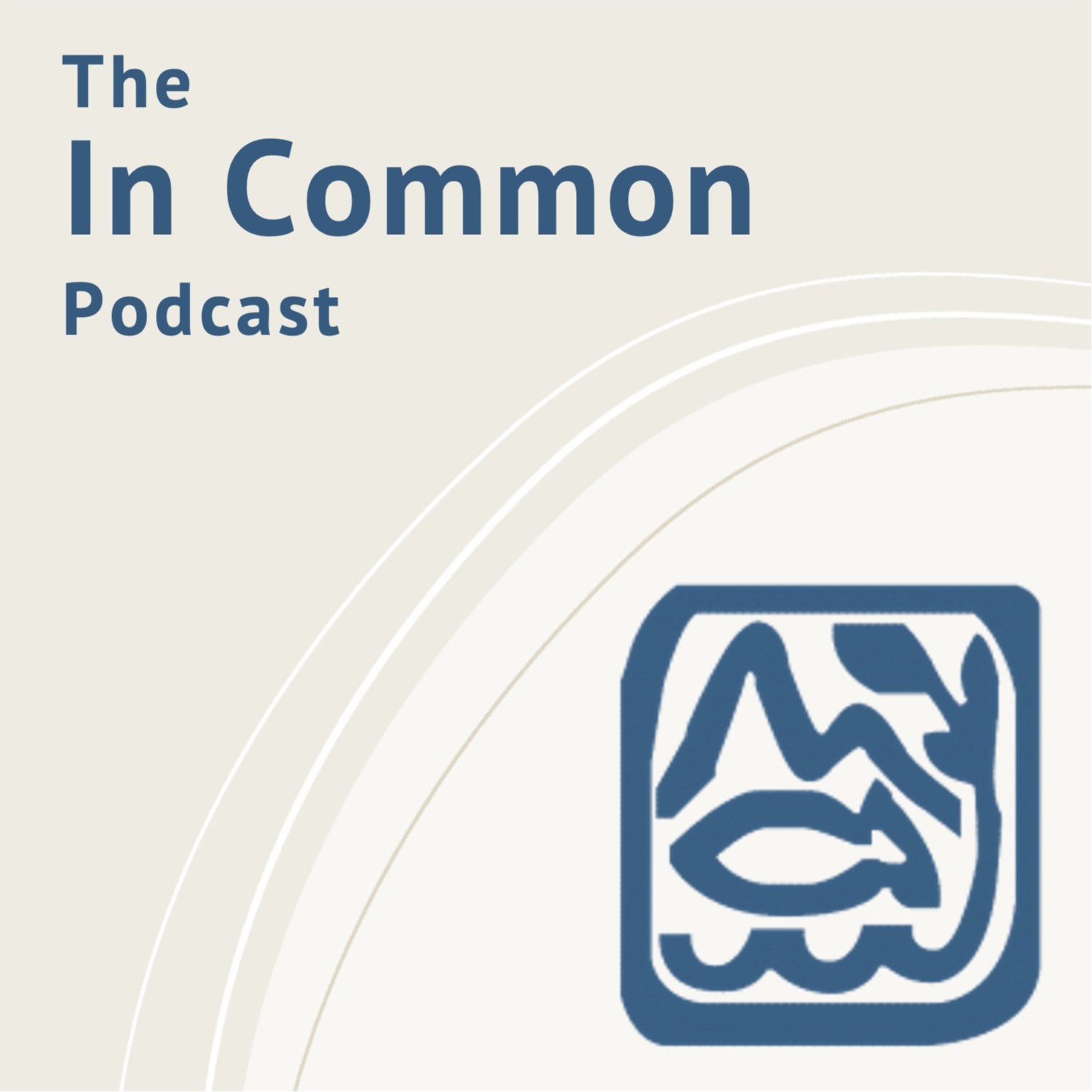
105.2K
Downloads
238
Episodes
In Common explores the connections between humans, their environment and each other through stories told by scholars and practitioners. In-depth interviews and methods webinars explore interdisciplinary and transdisciplinary work on commons governance, conservation and development, social-ecological resilience, and sustainability.
In Common explores the connections between humans, their environment and each other through stories told by scholars and practitioners. In-depth interviews and methods webinars explore interdisciplinary and transdisciplinary work on commons governance, conservation and development, social-ecological resilience, and sustainability.
Episodes
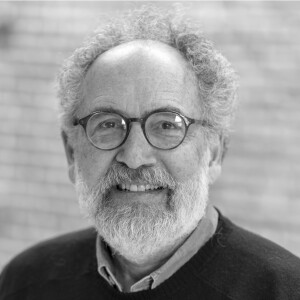
Thursday Oct 05, 2023
Science and Practice #13: Land Conservation with Peter Stein
Thursday Oct 05, 2023
Thursday Oct 05, 2023
In this episode, Michael speaks with Peter Stein, a managing director at The Lyme Timber Company in Hanover, New Hampshire.
In addition to his current work, Peter has a long history of work in the land conservation movement. He was one of the founding staff of the Trust for Public Land, eventually becoming a senior vice president there. Michael and Peter discuss the history of the land trust movement and the challenging but still evolving relationship it has had with equity and community rights. Later on they talk about Peter’s role at Lyme Timber, which is what is known as a Timber Investment Management Organization, or TIMO. Peter described how his move there was at a fortunate time, given several important transitions that were occurring. First, there was a large divestment of paper products companies of their forest assets, creating organizations like Lyme Timber. And second, such organizations were increasingly using what are known as conservation easements, which constrain the development rights on a piece of land in exchange for some kind of subsidy.
Finally, Michael and Peter discuss the role that carbon markets and specifically carbon offsets are playing in the forest sector. Carbon offsets are a kind of payment for ecosystem service that are often integrated into the regulatory regime of a carbon market, but the voluntary offset space is now growing rapidly as well.
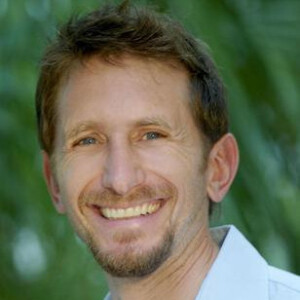
Monday Sep 18, 2023
117: Coral reefs and collaborative science with Joshua Cinner
Monday Sep 18, 2023
Monday Sep 18, 2023
In this episode, Stefan speaks with Joshua Cinner.
Josh is a distinguished professor in the social sciences at James Cook University in Townsville, Australia, and is one of world's leading researchers on human-environment interactions in fisheries, marine conservation and coral reef systems. His research brings together a wide range of social science disciplines including human geography, common property, anthropology, and conservation policy. He often works closely with ecologists on interdisciplinary research topics. Increasingly, his research is moving beyond the case study approach toward a ‘big picture’ comparative exploration of human-environment interactions. This includes work with coastal peoples in the Pacific Islands, South East Asia, East Africa, and the Caribbean, to better understand how socioeconomic factors influence the ways in which people use, perceive, and govern coral reefs.
In our conversation, Josh explains his origin story connecting to marine systems, his research on coral bright spots and ambitions to continue large scale comparative analyses of human-nature interactions in fisheries. He also explains his approach to collaborative project design and implementation, and how he navigates the social networks of science and science management.
Josh’s JCU page
https://research.jcu.edu.au/portfolio/joshua.cinner/
Josh’s Google Scholar page
https://scholar.google.com/citations?user=pgldl5oAAAAJ&hl=en
Publication link: Bright spots on the world’s coral reefs
https://www.nature.com/articles/nature18607
Publications link:
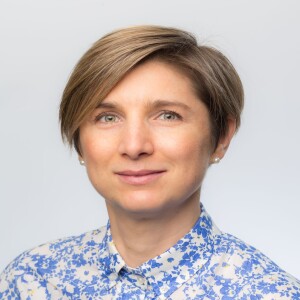
Friday Sep 15, 2023
Insight Episode #52: Erin O’Donnell on the rights of nature
Friday Sep 15, 2023
Friday Sep 15, 2023
This insight episode comes from full episode 102 with Erin O'Donnell.
Erin is an Early Career Academic Fellow at Melbourne Law School at the University of Melbourne, where she is a water law and policy specialist focusing on water markets and governance.
Erin and Michael discuss the evolution of how the environment is seen and understood within the legal framework, as well as the differences between Western and Indigenous understandings of the environment, and what that means for the rights of nature movement as a whole.
Erin's Website: https://law.unimelb.edu.au/about/staff/erin-odonnell
References: O’Donnell, Erin. 2018. Legal Rights for Rivers: Competition, Collaboration and Water Governance. Taylor and Francis.

Friday Aug 25, 2023
Insight Episode #51: Kaitlin Cordes on coffee and commodity chains
Friday Aug 25, 2023
Friday Aug 25, 2023
This insight episode comes from full episode ninety-two with Kaitlin Cordes.
Kaitlin is an international lawyer and researcher who focuses on human rights and sustainable development. Most recently, Kaitlin spent eight years developing and leading the Columbia Center on Sustainable Investment’s work on land, agriculture, food systems, and human rights.
Kaitlin talks with Michael about her work at CCSI on coffee production and commodity chains, where she worked to ensure sustainability and resilience in the production chain, as well as living wages for farmers.
Kaitlin’s website: https://www.kaitlincordes.com/
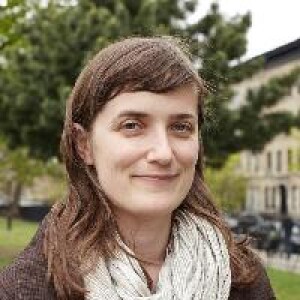
Friday Aug 18, 2023
Friday Aug 18, 2023
In this episode, Stefan speaks with Lindsay Campbell. Lindsay is a Research Social Scientist with the US Forest Service within the US Department of Agriculture. She is located in New York as part of the Northern Research Station, and is a founding member of the New York City Urban Field Station. With over 20 years in the Forest Service, her work has focused on the dynamics of civic stewardship, environmental governance, and sustainability policymaking--with a particular emphasis on issues of social and environmental justice. She aims to reveal how urban social-ecological systems are structured and function in order to support human well-being and environmental quality using social science methods. She does this by pursuing co-production and transdisciplinary approaches to engage the "many ways of knowing" and to develop more inclusive approaches to knowledge development.
Lindsay’s USFS profile
https://www.fs.usda.gov/research/about/people/lindsaycampbell#research-tab
Lindsay’s Google Scholar
https://scholar.google.de/citations?user=PD2AHNsAAAAJ&hl=en&oi=ao

Monday Aug 07, 2023
Monday Aug 07, 2023
In this episode, Michael speaks with Lance Robinson, a Research Scientist studying Human Dimensions of Sustainable Resource Development at the Center for Northern Forest Ecosystem Research in Ontario, Canada. Lance has studied rangelands as social-ecological systems for many years, and has contributed to an alternative way of viewing them that departs from some of the traditional assumptions about commons and governance. In this conversation, Michael and Lance make specific reference to the design principles for community-based resource management developed by Elinor Ostrom in her famous book, Governing the Commons. Much of the conversation has to do with Ostrom’s first principle, which stipulated that communities are aided by boundaries that delineate who is and who isn’t a community member, and where the community’s resources are. Lance’s work unpacks the importance of boundaries in part through what he calls a complex landscape mosaic, which reflects the fact that in real systems, particularly in rangelands, there are many overlapping and shifting boundaries that are designed to help resource users adapt to resource scarcity, not to prevent the overuse of the commons, which is how they are usually interpreted.
This conversation builds on a previous interview with Mark Moritz on pastoralists and open property, and you should check that interview out as well if this one interests you.
References:
https://landscapewanderer.link/
https://www.researchgate.net/profile/Lance-Robinson
Ostrom, Elinor. 1990. Governing the Commons: The Evolution of Institutions for Collective Action. Cambridge University Press.
Schlager, Edella, and Elinor Ostrom. 1992. “Property-Rights Regimes and Natural Resources: A Conceptual Analysis.” Land Economics 68 (3): 249–62.
Robinson, Lance W., and Fikret Berkes. 2010. “Applying Resilience Thinking to Questions of Policy for Pastoralist Systems: Lessons from the Gabra of Northern Kenya.” Human Ecology 38 (3): 335–50. https://doi.org/10.1007/s10745-010-9327-1.
Robinson, Lance W. 2019. “Open Property and Complex Mosaics: Variants in Tenure Regimes across Pastoralist Social-Ecological Systems” 13 (1): 804.
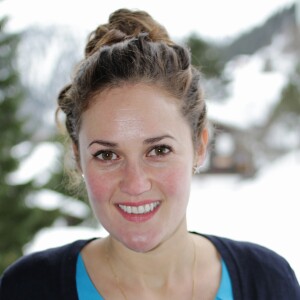
Wednesday Aug 02, 2023
Science and practice #12: Nature-based solutions with Margot Clarvis
Wednesday Aug 02, 2023
Wednesday Aug 02, 2023
In this episode, Michael speaks with Margot Clarvis, the head of Nature-based solutions at C-Quest Capital. They talk about Margot's current work on promoting nature-based solutions, which is a family of approaches designed to combat climate change. Margot helps Michael unpack what is and isn't a nature-based solution, which is important to do given the diversity of projects that might be placed within this umbrella of approaches.
A central question that Margot and Michael focus on during their conversation is how the primary goals of such projects, say carbon storage, relate to broader social and ecological outcomes, with one concern being that a singular focus on a small number of outcomes could crowd out important co-benefits. In contrast to this, Margot describes the goal and the hope that such projects could leverage funding for carbon storage to provide a suite of more holistic benefits for ecosystems and the communities that depend on them.
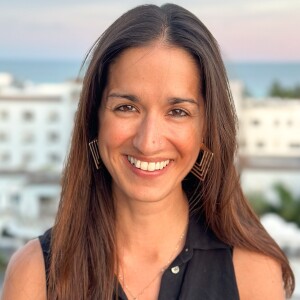
Monday Jul 03, 2023
Monday Jul 03, 2023
In this episode, Michael speaks with with Shauna Mahajan, lead social scientist with the global science team of the World Wildlife Fund, or WWF.
During their conversation, Shauna shares her thoughts about her educational experiences and her time at WWF, during which she has focused on helping conservation projects become more inclusive and holistic. Shauna has done this in part by developing decision support tools, including a tool called Elinor, so named in honor of Elinor Ostrom. This tool helps researchers and practitioners, in the language of the Elinor website, “track attributes critical to the success of area-based conservation over time, and share this information with decision makers and conservation supporters”. Shauna also discusses her experiences on the ground to support inclusive and holistic conservation, and a new program at WWF that is encouraging the career development of underrepresented groups at the organization.
Shauna’s website: https://www.worldwildlife.org/experts/shauna-mahajan
References
Deveson, A. (2005). Resilience (First Edition). Roundhouse Publishing Group.
Mahajan, S. L., Estradivari, E., Ojwang, L., & Ahmadia, G. N. (2022). The good, the bad, and the ugly: reflections on co-designing science for impact between the Global South and Global North. ICES Journal of Marine Science: Journal Du Conseil. https://doi.org/10.1093/icesjms/fsac115
Mahajan, S. L., Glew, L., Rieder, E., Ahmadia, G., Darling, E., Fox, H. E., Mascia, M. B., & McKinnon, M. (2019). Systems thinking for planning and evaluating conservation interventions. Conservation Science and Practice, 1(7), e44. https://doi.org/10.1111/csp2.44
https://www.worldwildlife.org/projects/the-art-and-craft-of-systems-change

Monday May 22, 2023
Monday May 22, 2023
In this episode, Michael speaks with Gustavo Gordillo de Anda. Gustavo has worked for the Mexican government as its vice minister of agriculture, and in this capacity he played a prominent role on the Mexican agrarian reforms of the early 1990s. He has also served as the assistant director general for the Food and Agriculture Organization, or FAO, in Rome.
Gustavo and Michael talk about the institution of the Mexican ejido, which is a well-known example of community-based resource management that relies in part on common property ownership of fields and forests across the country. Gustavo describes the history of this institution and its relationship to the Mexican state as well as his views on the 1990s Mexican agrarian reforms. Gustavo also discussed several secular changes that have occurred within the ejido sector, including the increased empowerment of women in ejido communities as well as the increasing prominence of non-members in or near ejido lands.
They conclude by talking about Gustavo’s current and future steps, which include finalizing a book on the 1990s agrarian reforms and a refocusing on literature, which has always been another passion of his.
References:
Bray, D. B. (2020). Mexico’s Community Forest Enterprises: Success on the Commons and the Seeds of a Good Anthropocene. University of Arizona Press.
Gordillo de Anda, G., Janvry, A. de, & Sadoulet, E. (1998). Between political control and efficiency gains: the evolution of agrarian property rights in Mexico. CEPAL Review 66.

Thursday May 04, 2023
Science and Practice #9: Social justice in STEM and tech with Lauren Quigley Thomas
Thursday May 04, 2023
Thursday May 04, 2023
In this episode, Stefan speaks with Lauren Thomas Quigley. Lauren is a research scientist at IBM Research and an Affiliate Assistant Professor at the University of Washington, Department of Human Centered Design & Engineering. She researches and develops practical data-centric solutions at the intersection of technology, data, and social justice with emphasis on collaboration with nonprofit organizations and community. Lauren has led education at scale efforts in government, higher education, nonprofits, and the tech industry, many of which have focused on learning outside of the traditional classroom. A core goal of her work is to improve interdisciplinary and intersectional pathways into STEM and ensuring that people have access to technology that works for them.
https://laurenthomasquigley.com/
